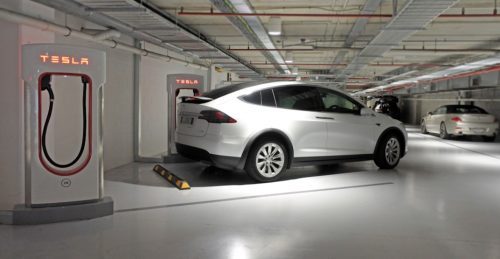The waiting times for orders for electric battery vehicles are expected to be even longer in the coming years due to the backlog due to the pandemic.
A new report from BC Hydro suggests that about a third of British Columbia’s drivers were considering buying an electric vehicle prior to COVID-19, but 85% delayed their purchase decision, according to a survey released in mid-May.
Now that the light is clearly visible at the end of the pandemic tunnel, around two-thirds of those surveyed are considering buying an electric vehicle within five years, and the majority want to buy one within two years.
Drivers who want to buy an electric vehicle are primarily motivated to give up their budget because of rising gasoline prices and environmental reasons. Secondary factors in the desire for an electric vehicle are reduced maintenance costs due to the fewer moving parts compared to gas-powered vehicles and new technological features.
BC Hydro analysts predict that 2021 could be another record year for EV sales in the province, which is already a leader in North America, with EV sales accounting for about 10% of all auto sales in 2020.
Increased use of private vehicles could continue after the pandemic; 55% of BC residents said they had driven to work or school by car prior to the pandemic, but that number is expected to increase by about 15% when things return to normal.
But while demand is likely to be significantly higher, there will be a cap on the ability to increase supply due to production issues.
There is a global lack of semiconductor chips that control the drive and battery in electric vehicles, as well as touchscreens on the driver’s dashboard and on the backseat of passengers. This chip shortage occurred because automotive demand collapsed during the pandemic and suppliers did not have enough chips in stock for the possible recovery in demand that is now kicking in.
Lithium-ion batteries, which are used in smartphones, laptops and electric vehicles, are also becoming increasingly scarce. There aren’t enough batteries for EV manufacturers to ramp up, and the United States is almost entirely dependent on Asia for battery production and the raw materials needed to make them.
There could be a serious lithium supply deficit in 2027 as mining capacities stall while the electric vehicle boom continues. The battery supply shortfall is projected to delay the production equivalent of about 3.3 million electric vehicles at 75 kWh in 2027, nine million in 2028, and over 20 million in 2030.
BC Hydro’s survey found that 60% would buy an electric vehicle if they could get it sooner.

